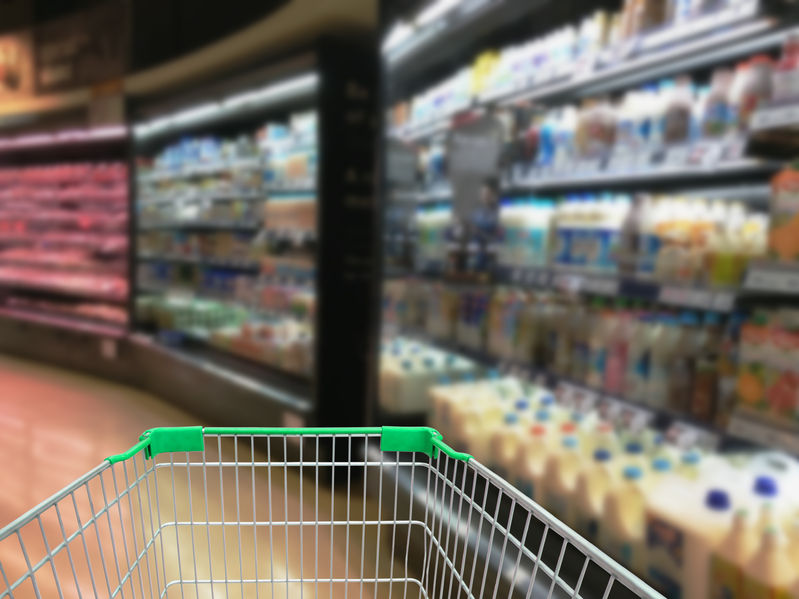
A leading food academic has called on the government to publish its planning assumptions for disruptions to food supply if the UK leaves the EU with no-deal.
Prof Tim Lang of the Centre for Food Policy said the public must be reassured that emergency no-deal planning takes account of the impacts on public health and consumers on low incomes.
It comes in the wake of the announcement that £138m has been allocated to a public information campaign to inform about Brexit impacts.
Writing in The Lancet today (5 August), the City, University of London food expert said the public needs to know what methods government has used to create 'stark planning assumptions'.
He said that planning assumptions of expected food disruptions are leaking out and should be made public.
Prof Lang said that the government is possibly planning for the flow of trucks to drop by a third or more within a day of Brexit and half or more to no longer have a smooth transit across borders.
Meanwhile, food prices could increase by at least 10% – more if the pound sterling drops even further, and a decrease in food imports from the EU is widely expected.
He added that these planning assumptions would mean disruption to the flow of fresh fruit and vegetables from the EU, where the UK sources the majority of these foods.
He said: “The government and many analysts know what is not being shared with the public.
“Any public information campaign must not pull the wool over people’s eyes but treat them as adults. The danger of panic buying will grow if the £138m is naïve propaganda.”
He has called on government to release the full planning assumptions: “The public needs to know what methods government has used to create these stark planning assumptions.”
The UK produces only 12% of the fruit and 55% of vegetables consumed, and consumption levels are already known by government to be woefully inadequate for health, Prof Lang added.
“Disruption on this scale will have public health impacts, and will inevitably hit the poorest hardest. It cannot go unchallenged,” he said.
